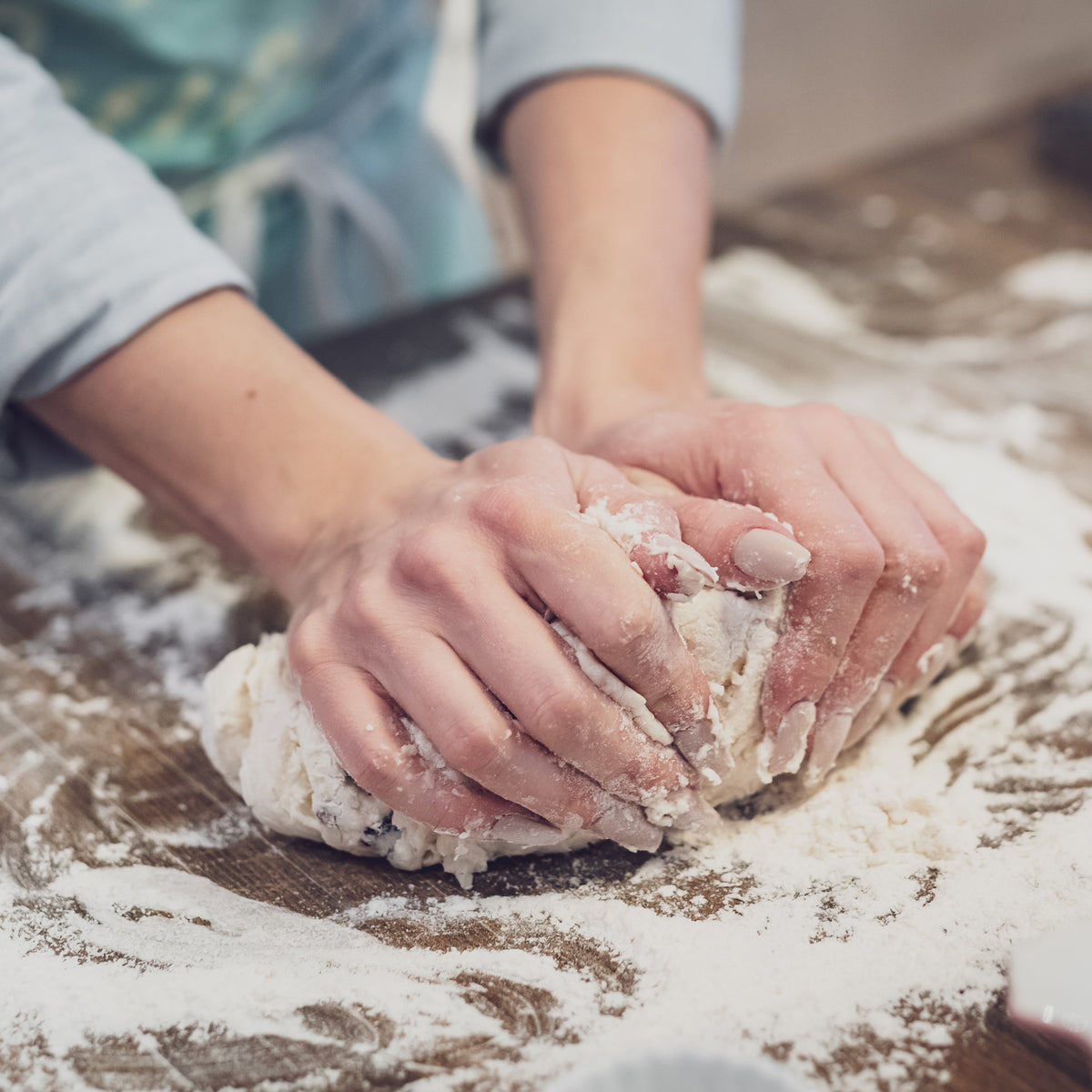
Baking has been a staple in households for centuries, providing comfort and nourishment to families across the globe. As we navigate through the ever-evolving world of baking trends and techniques, there is a growing interest in going back to basics and using organic wheat flour in modern baking. Organic wheat flour, with its minimal processing and wholesome properties, is capturing the attention of bakers and food enthusiasts alike. Let's delve into the allure of organic wheat flour and its role in contemporary baking.
The Rise of Organic Wheat Flour
Organic wheat flour is gaining popularity in the culinary world for several reasons. Here are some of the key factors contributing to its rise:
Health Benefits
- Organic wheat flour is produced without the use of synthetic pesticides or fertilizers, making it a healthier option for consumers.
- It retains more nutrients compared to conventional flour, providing a higher level of vitamins and minerals.
- Organic flour is free from genetically modified organisms (GMOs), offering a more natural and pure baking ingredient.
Environmental Sustainability
- Organic farming practices promote soil health and biodiversity, reducing the environmental impact of agriculture.
- By supporting organic agriculture, consumers contribute to the conservation of water resources and the protection of wildlife habitats.
- Organic wheat flour is produced using sustainable methods that prioritize long-term ecological harmony.
Quality and Taste
When it comes to baking, the quality of ingredients plays a significant role in the final outcome. Organic wheat flour is prized for its superior quality and taste, enhancing the overall baking experience. Here are some reasons why organic wheat flour stands out:
Rich Flavor Profile
- Organic wheat flour is known for its robust and nutty flavor, adding depth to baked goods such as bread, cookies, and pastries.
- It has a distinctive aroma that permeates through the dough, creating an inviting scent during the baking process.
- The natural sweetness of organic wheat flour contributes to a more flavorful and satisfying end product.
Texture and Consistency
- Organic wheat flour has a higher protein content, which helps in gluten formation and structure development in baked goods.
- It provides a velvety texture and consistent crumb in bread, cakes, and other baked treats.
- The superior absorption properties of organic wheat flour result in a moist and tender crumb that stays fresh longer.
Versatility in Baking
Organic wheat flour offers versatility in baking, allowing for a wide range of culinary creations. Whether you are a seasoned baker or a novice in the kitchen, organic wheat flour can elevate your baking endeavors. Here are some ways you can incorporate organic wheat flour into your recipes:
Artisanal Breads
- Organic wheat flour is ideal for crafting rustic loaves with a chewy crust and open crumb structure.
- It imparts a depth of flavor that shines through in sourdough, baguettes, and whole grain breads.
- The natural fermentation process in artisanal breads highlights the unique characteristics of organic wheat flour.
Pastries and Desserts
- Organic wheat flour lends a delicate and tender crumb to pastries such as croissants, scones, and pie crusts.
- It adds a wholesome quality to desserts like muffins, cookies, and cakes, creating a satisfying indulgence.
- The versatility of organic wheat flour allows for experimentation with different textures and flavors in baked treats.
Conclusion
As we embrace the charm of traditional baking methods and ingredients, organic wheat flour emerges as a beloved staple in modern kitchens. Its health benefits, environmental sustainability, quality, taste, and versatility make it a compelling choice for bakers seeking to create wholesome and flavorful baked goods. By going back to basics and incorporating organic wheat flour into our recipes, we not only enrich our culinary experiences but also support a more sustainable and mindful approach to baking.